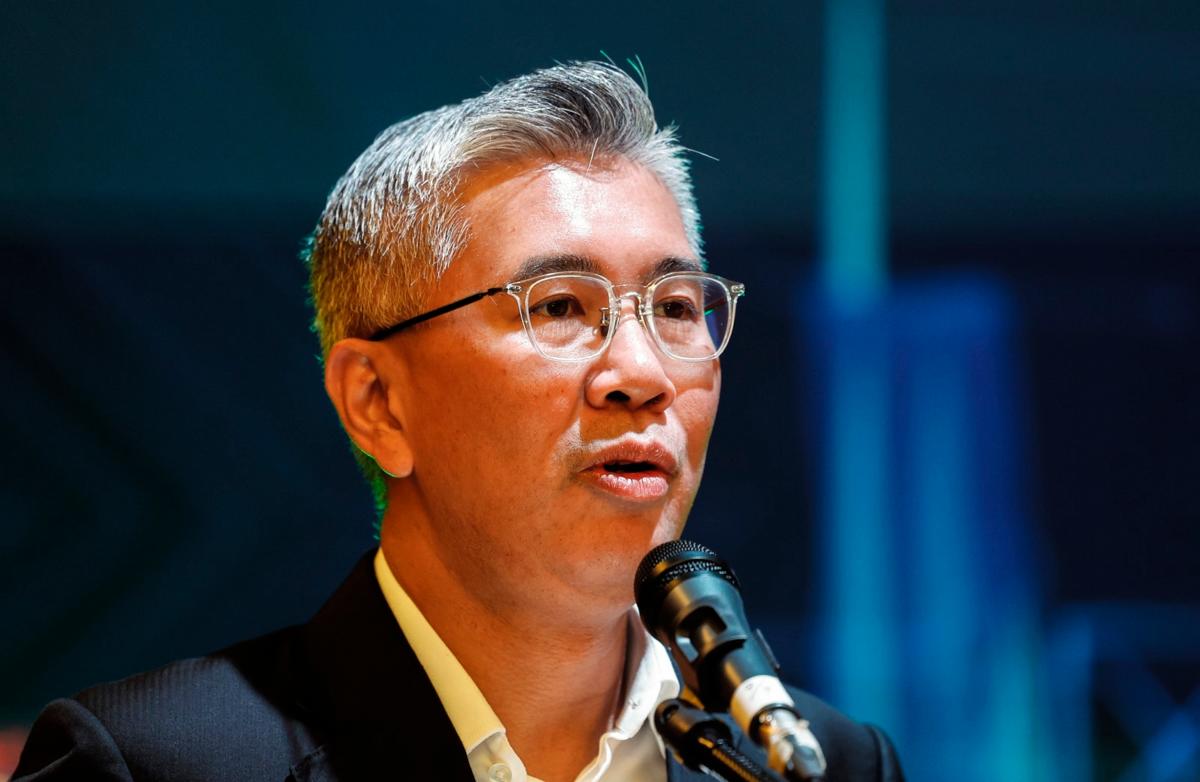KUALA LUMPUR: Harnessing the talents of 334 million women across ASEAN through education, access to opportunities, and supportive policies could unleash an astounding US$2.3 trillion (US$1 = RM4.24) in potential, said Investment, Trade and Industry Minister Tengku Datuk Seri Zafrul Abdul Aziz today.
Acknowledging that the odds are often stacked against them, he said ASEAN could reverse this by strengthening the enabling environment for women to survive, thrive, enter or re-enter the workforce, start or sustain businesses, and avoid having to choose between motherhood and a career.
“This is the roadmap for Malaysia and ASEAN’s future prosperity,” he said at the ASEAN Women Economic Summit 2025, held in conjunction with the ASEAN Summit and its Related Meetings here.
Tengku Zafrul said the job of ASEAN leaders in both the public and private sectors is to ensure women in ASEAN become venerated, rather than victims.
He said Malaysia’s MADANI Economy framework – emphasising sustainability, prosperity, and inclusivity – places women’s empowerment at the heart of national development.
“For instance, in my own Ministry of Investment, Trade and Industry (MITI), we have implemented various concrete measures, including launching the Women Exporters Development Programme, helping 500 women-led businesses access international markets, introducing gender-responsive provisions in all new trade agreements, and establishing a RM200-million fund specifically for women entrepreneurs in high-growth sectors.
“Another measure is the introduction of the Women in Industry and Trade Initiative (WITI), a collaboration with the Women and Family Affairs Association of Malaysia (HAWA Malaysia), aimed at boosting women’s skills and capabilities in the industrial and export sectors.
“I should also add that in MITI, women make up around 69 per cent of MITI’s top management. I couldn’t do without them.
“For example, our Chief Negotiator on US tariffs, and one of our Deputy Secretary-Generals is a lady. We also have many others who are highly experience,” he added.
Malaysia’s latest Free Trade Agreement (FTA) negotiations now include specific chapters on women’s economic participation, as inclusive trade is sustainable trade.
Malaysia is also determined to increase women’s workforce participation to 63 per cent by 2030, ensure 30 per cent of corporate board positions are held by women, and double the number of women-led businesses accessing export markets.









